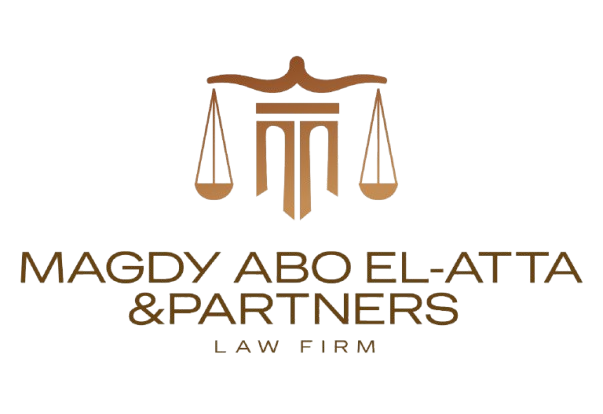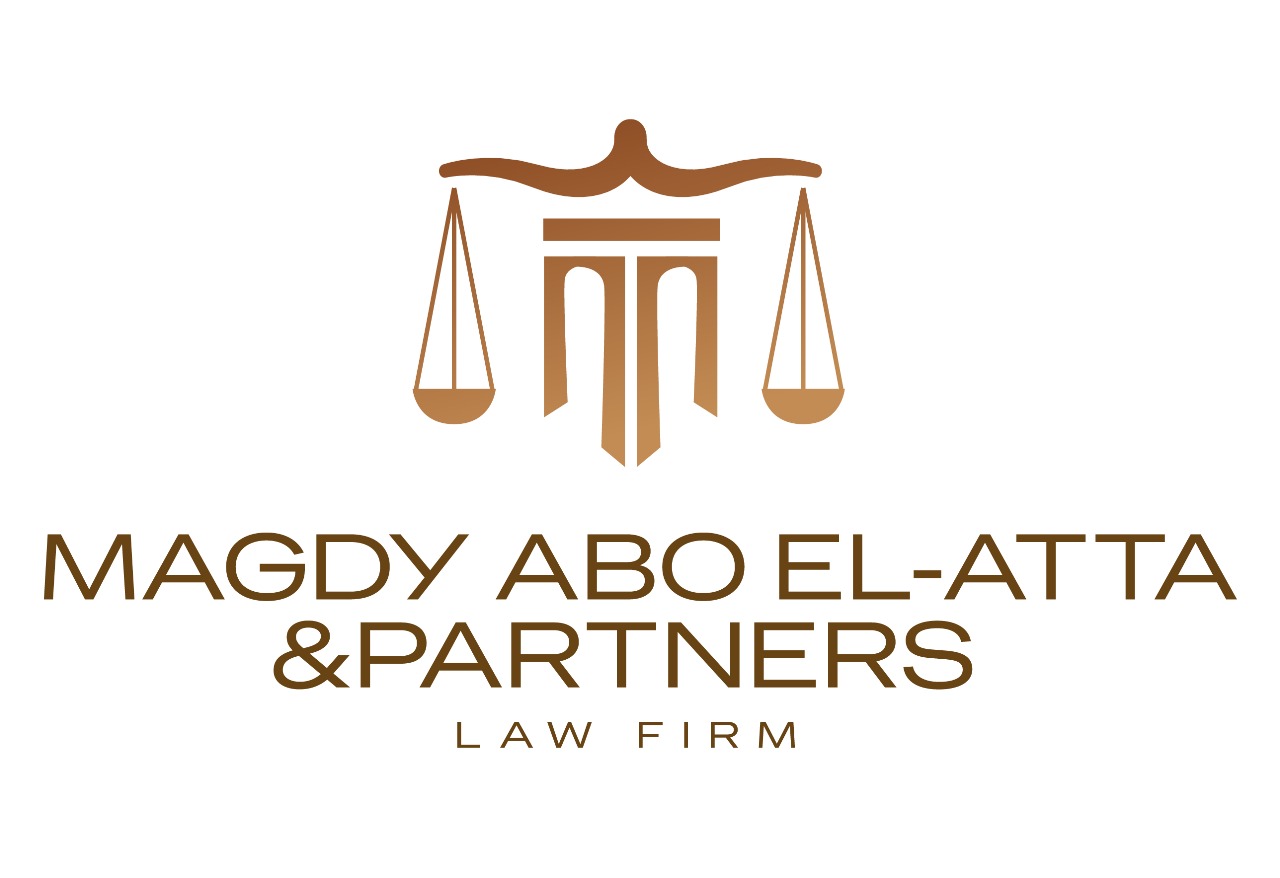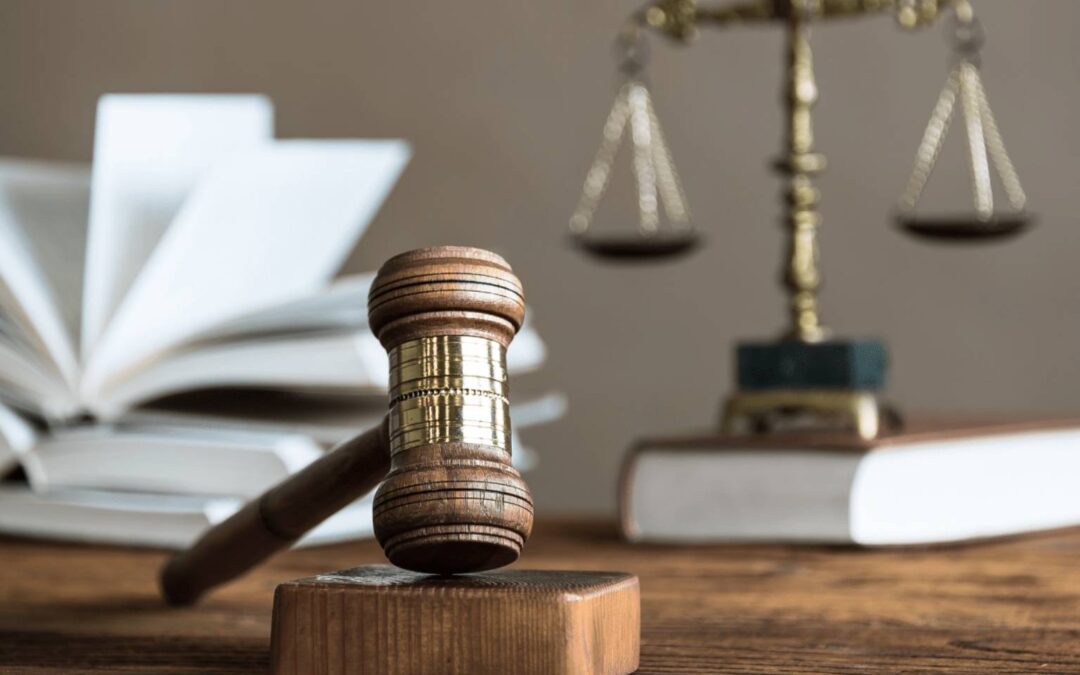The role of the lawyer in settling disputes: Companies and individuals are exposed to disputes that may be complex, and here comes the role of the lawyer as a reliable mediator to settle these disputes in the best possible way without having to resort to the courts.
Disputes are part of everyday life, whether between individuals, institutions, or even countries. Hence, the importance of the lawyer’s role in settling these disputes legally and effectively. A lawyer is not only a legal representative in court, but also a legal advisor and a skilled negotiator who seeks to achieve justice and protect the rights of his clients through various legal means. In this article, we will discuss the role of the lawyer in settling disputes and the importance of this role in ensuring fair solutions.

Understanding and analyzing conflict: The first task that a lawyer performs in settling disputes is to understand and analyze all aspects of the dispute. By talking to the parties involved, the lawyer listens to the fine details that may have been overlooked. The lawyer studies the facts, evidence, and negative evidence in the case, and analyzes the legal position of the party he represents. This analysis helps the lawyer understand the strengths and weaknesses of the case and therefore develop appropriate strategies.
Providing legal advice: Providing legal advice is one of the most prominent roles of the lawyer in settling disputes. The lawyer is not just a representative of the concerned party, but rather an advisor who helps the client make the wisest decisions in light of the applicable laws. The lawyer can guide the client on his various legal options, whether the solution requires negotiation, resorting to arbitration, or going to court. The lawyer also explains the legal implications of any step the client takes.
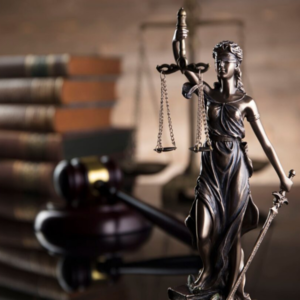

Negotiation and Resolving Disputes Amicably: In many cases, lawyers seek to settle disputes outside of courtrooms. This need’s ability negotiation in order to achieve compromise solutions that satisfy all parties involved. The lawyer can act as a mediator between the disputing parties, attempt to achieve an agreement that guarantees everyone’s rights and prevents the dispute from escalating into more complex legal stages. Negotiation is an essential skill for a lawyer, as he can save clients time and money by avoiding lengthy court proceedings.
Arbitration and Mediation: In some cases, lawyers prefer to resort to alternative means of resolving disputes such as arbitration and mediation. In arbitration, the parties agree to appoint a neutral arbitrator who will make a binding decision after listening to all parties. In mediation, the lawyer acts as a neutral mediator who facilitates communication between the disputing parties and helps them achieve a settlement that is satisfactory to all. An attorney with experience in arbitration and mediation can provide effective legal solutions without having to go to court.

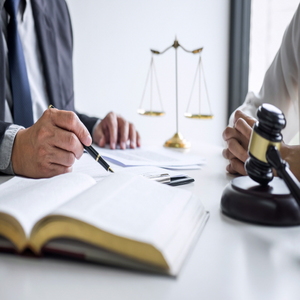
Pleading before the court If all attempts to settle the dispute outside the court fail, the role of the lawyer becomes crucial in defending the rights of his client before the judiciary. The lawyer carefully prepares the case file, such as evidence, and develops a strong legal strategy to present it before the court. In this case, the lawyer is the voice that expresses his client in the face of the opponent. The lawyer has the necessary skills to plead effectively and uses his experience to guide the court towards achieving justice.
Preparation of legal documents: It is an essential part of the lawyer’s role in settling disputes. Whether these documents are contracts, agreements, or legal complaints, the lawyer is responsible for prepare them in a legal sound manner. These documents serve as the basis for the final settlement of the dispute where agreements or court rulings are documented in a way that ensures that there is no legal ambiguity or contradiction.

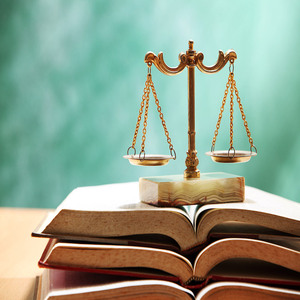
Follow-up on the implementation of solutions and decisions
The role of the lawyer does not stop when the dispute is settled or a judicial ruling is issued, but rather extends to include following up on the implementation of the solutions and decisions agreed upon or issued by the court, for example, if a court ruling is issued in favor of one of the parties, the lawyer will follow up on the implementation of this ruling, whether it concerns the payment of compensation, the cancellation of a contract, or the return of property. If the other party fails to comply with the decision, the attorney takes necessary action to ensure the implementation of the decision, including filing enforcement lawsuits.
- Representation in complex cases: there are many types of disputes and some are complex in fields such as companies, real estate, intellectual property rights, and others. In these cases, the lawyer has a major role in settling complex disputes that require a good understanding of the law as well as experience in the relevant field. A professional lawyer in his field can provide accurate legal advice and help the client make the most appropriate decision to resolve the dispute.

Conclusion: The role of the lawyer in settling disputes is vital and influential in ensuring the achievement of justice and the protection of individuals’ rights. By providing legal advice, negotiation, resorting to arbitration or mediation, and pleading before the court, the lawyer contributes to finding effective and appropriate legal solutions. The lawyer does not only work as a legal advocate, but rather as a strategic partner who helps his clients overcome disputes through legal means, and enhances the stability of social and commercial life.
